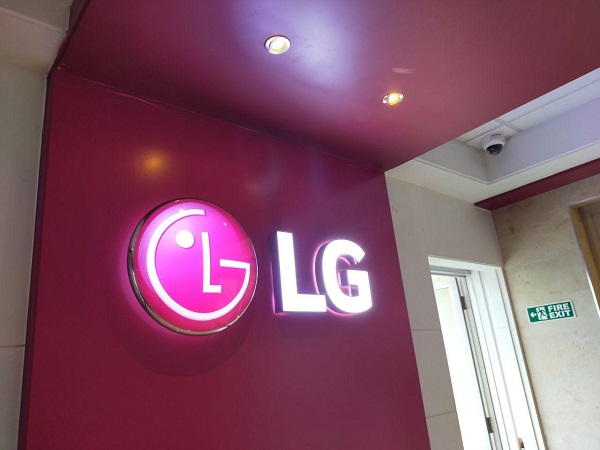
Imagine a world where we could recycle and reuse all the products we consume. The world would be a far cleaner, healthier and safer place to live.
Today, the world is facing a garbage crisis, with more waste being generated than ever before. Environmental experts estimate 1.3. billion tonnes of solid waste is generated globally each year and this expected to increase by 70 percent by 2050.
Yet, most of this waste is buried in the ground increasing pollution of water sources, while some of it is burned, consuming huge amounts of energy and emitting toxic gases. Poor waste disposal, has severe negative social, economic and health implications for humanity.
Reducing waste, for instance through recycling, is crucial to achieving the United Nations Sustainable Development Goals especially the goal on sustainable production and consumption.
Recycling is the processing of materials that would otherwise end up in landfills into reusable items. By reducing the amount of waste, recycling significantly improves environmental health.
And apart from alleviating pollution, recycling also generates economic value by creating jobs and a market for recycled products – the so-called circular economy.
We often discard things we no longer need, thinking they are worthless yet they contain reusable or recyclable materials. Extracting, processing and reusing such materials decreases pressure on natural resources required to manufacture products, enhancing the sustainability of ecosystems.
This is because the recycled materials scale down the need to produce new materials thus saving water, energy and other precious resources. It also cuts down on emissions hence promoting net zero production and consumption, that is, balancing between the amount of green-houses produced and those removed from the atmosphere.
For example, it is estimated that the energy saved from recycling a glass bottle can power a single light bulb for four hours. One ton of recycled plastic saves 5,774 Kwh of energy and 16.3 barrels of oil.
Imagine the huge positive impact on the environment of recycling household appliances like TVs, audio systems, refrigerators, vacuum cleaners, computers, washing machines and air conditioners – which constitute a big chunk of household waste.
Recycling enables environmentally-friendly living and accelerates the shift to a carbon-neutral economy where the net release of carbon dioxide is increasingly minimal.
Apart from minimizing the number of non-recyclable components in household appliances, manufacturers can also use materials that are easy to recycle. This is exactly what LG Electronics is doing having integrated recycling into its core technology.
The company’s products are easier to recycle and as such a compelling value proposition to the eco-conscious consumer.
Think of LG’s latest soundbars which use polyester resin sourced from recycled PET bottles. Every soundbar unit produced translates into seven plastic bottles that would have been dumped as waste.
As if that is not green enough, the LG soundbar packaging is made from recycled molded pulp with less EPS plastic and foam, hailed as a sustainable packaging material as it is recyclable, compostable and biodegradable.
Still on recycling, OLED, LG’s designer TV with self-lit technology, does away with a lot plastic since it has no backlight. Plastic waste comprises 90 percent of ocean debris and has been singled out as a major threat to ecosystems. By reducing the amount plastic waste in the environment, OLED is designed with the environmentally-conscious consumer in mind.
The eco-conscious consumer will also be delighted to know that the LG OLED TV has a high recycle rate since it does not contain toxic materials like cadmium and indium phosphide.
Having such a television at home means you will not only be enjoying a superb viewing experience but also reducing your environmental footprint by using a product that does not have harmful substances.
The easy recyclability of LG products supports net zero and carbon neutral consumption thus making our planet safer and healthier. This in turn enhances the quality of life by combating pollution.
As an environmentally-conscious brand, LG has committed to be a carbon-neutral business through the Zero Carbon Initiative by 2030. This includes use of technologies targeting green-house reduction and minimizing carbon emissions in the production process.
LG’s initiative in driving the sustainability agenda is further seen by factoring energy saving into every one of its core technologies even after their useful life is over. How?
Simply by cutting down on the number of components in LG appliances that find their way to the garbage dump or incinerator, real evidence of embedding sustainability into a brand.
In other words, LG’s energy-saving products continue saving energy even when they are no longer usable.
With the World Environment Day around the corner, it’s time to reflect on how the products we use ultimately contribute positively to the restoration of the ecosystem, the theme of this year’s celebration.
You can celebrate this day by buying only those products that are easy to recycle and contribute to a healthier, safer and sustainable Planet.
Follow us on Telegram, Twitter, Facebook, or subscribe to our weekly newsletter to ensure you don’t miss out on any future updates. Send tips to info@techtrendske.co.ke.



